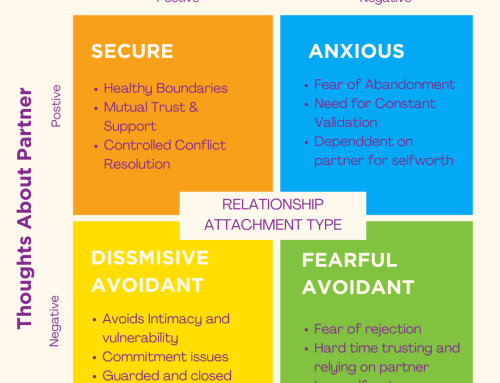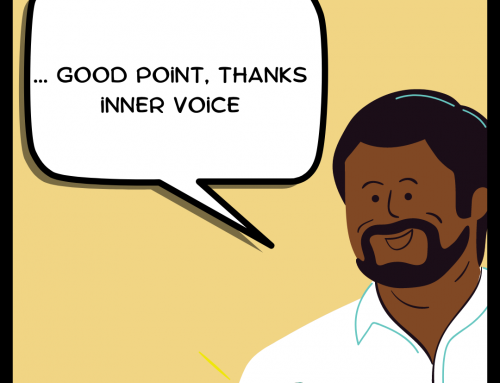5 Anger Management Tips – Help With Feeling Angry (today)
Anger management is the first step to taking back control.
If you’re wondering how to manage your anger or help someone else, you’re in the right place.
In this article, we’ll explore five key tips to keep anger under control:
- Breathing
- Changing the way you think
- Addressing the elephant in the room
- Talking and laughing
- Getting out into nature
Have you ever felt angry? So angry that you find yourself doing something you later regret or pay consequences for? Let’s face it – anger ruins your day and sometimes your week.
Or perhaps you had physiological symptoms like a headache, a stiff neck or tummy ache from holding it all in.
Anger is a natural response when we feel threatened or frustrated, but we need to control anger, so it doesn’t control us.
Breathing and relaxation for anger management
Relaxation while angry might seem like a steep mountain to climb, but it starts with breathing.
Practice this breathing exercise:
- Place both hands on your stomach area (touch fingertips).
- Breathe in through your nose until your stomach expands.
- Slowly breathe out from your mouth, imagining a balloon deflating.
- Repeat three times.
See how your heart rate slows and your shoulders relax? Gut breathing is far more helpful than shallow breathing from the chest.
It’s helpful to think of a place or an image that reminds you of relaxation, like the sea washing in and out at your favourite beach.
Remember, talking over the same issue over and over again will not help anger. It makes you relive the moment repeatedly, so once it’s discussed, try to stem the conversation until after the initial anger has subsided.
Change the way you think to reduce anger
It’s called cognitive restructuring, but it means changing the way you think.
There are various ways of doing this, but let’s give you a reason why first.
If you change how you think or talk, you’ll feel calm enough to bring about a solution. Anger management isn’t about walking away, letting something do something that is wrong or not responding – it’s about a measured response.
If someone was about to hurt you, anger is helpful to protect yourself and get away – useful. If anger means your response isn’t measured and causes injury or harm, and that leads to a criminal record and loss of a job – it’s not useful.
In fact, playing through the consequences of actions in your head can help you decide that the other person wins if it causes you harm, and that’s not right.
Address the elephant in the room
Anger is a result of being threatened or frustrated, but it’s often the straw that broke the camel’s back.
Often we need to address the elephant in the room – is there something else going on that you’re not talking about?
For instance, if you have debt problems, almost anything will make you angry as it’s on top of a considerable weight you’re already carrying. Relationships strains, work problems and family dynamics can also add to anger.
Be very honest with yourself. Is there anything going on right now that is making your anger worse? Would you be able to manage your anger better if you worked on resolving some of those issues?
Talking and laughing
Have you ever heard that laughing is good for the soul? Well, it is, and humour is an excellent way of deflating your own anger.
Have ever been talking with a friend and ranting and raving only to find yourself laughing part of the way through? It’s often how comedians find their funniest acts.
There is sometimes a funny side – people or the situations (if not harmful) can often be laughed at, and it gives us a little bit of power back.
Getting out into nature
You probably read a lot about getting outside into the fresh air if you are struggling, but have you tried it? There is some magic to it that is explainable scientifically, but it’s as if someone has waved a wand five minutes in that gives you clarity.
You’ll either breathe a sigh of relief and think rationally or burst into tears and address the severity of everything, but a walk takes you forward mentally.
Of course, therapists have excellent results when it comes to anger management. So if you feel like the above self-help isn’t working, then get in touch with the Arts of Change Trust in Dudley – we can and will help you.
Call 01384 211168 or email support@theaoc.org.uk – you can even text ‘support’ to 60075.





